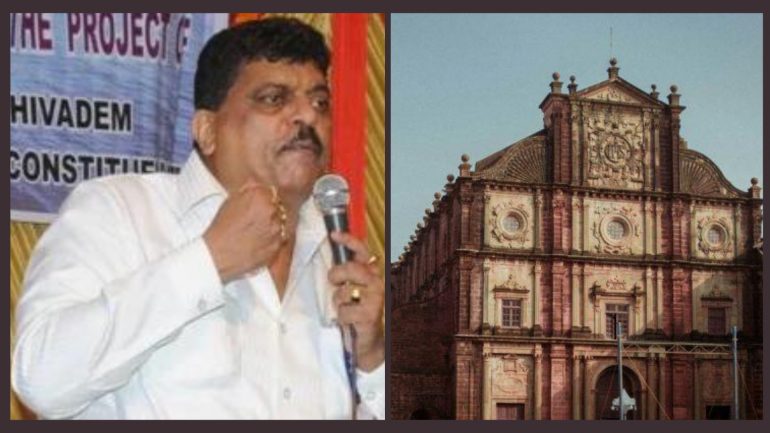India: Controversy erupts over RSS leader’s call for DNA test on St. Francis Xavier’s remains

A senior leader of the Rashtriya Swayamsevak Sangh (RSS) in Goa, western India, has sparked outrage by calling for a DNA test on the remains of St. Francis Xavier, a revered 16th-century Catholic saint.
The RSS, a Hindu nationalist organization closely linked to Prime Minister Narendra Modi, has often been at the center of communal controversies.
Subhash Velingkar, the RSS leader, claimed the DNA test would verify whether the remains at the Basilica of Bom Jesus in Old Goa belong to a European, or if they have been secretly replaced with Indian remains.
This demand has been widely condemned by the Catholic community and opposition parties, who view it as an attempt to stoke communal tensions and distort historical facts.
"St. Francis Xavier is a figure revered by people of all faiths for centuries. This demand is a direct insult to his legacy," said a senior priest from the Catholic Church in Goa.
The Bharatiya Janata Party (BJP), which governs Goa, has distanced itself from Velingkar's comments, emphasizing that his views do not reflect the party’s position.
The Basilica of Bom Jesus, a UNESCO World Heritage Site, preserves St. Francis Xavier’s remains and attracts millions of pilgrims and tourists annually. The call for a DNA test has raised fears about the potential desecration of these sacred relics.
"This is a misguided and baseless attempt to question the historical significance of St. Francis Xavier’s legacy," said a historian. "We must honor and preserve Goa’s cultural and religious heritage."
The people of Goa remain united in their reverence for St. Francis Xavier, a symbol of interfaith harmony and cultural exchange.
Velingkar’s unfounded speculation about the replacement of the saint’s remains has been dismissed as a divisive and provocative move that threatens the social cohesion of Goa, a state known for its peaceful coexistence.
As the controversy unfolds, many call for an unequivocal condemnation of such harmful rhetoric, which risks damaging the delicate fabric of Goa’s diverse and rich heritage.- Suresh Mathew
Radio Veritas Asia (RVA), a media platform of the Catholic Church, aims to share Christ. RVA started in 1969 as a continental Catholic radio station to serve Asian countries in their respective local language, thus earning the tag “the Voice of Asian Christianity.” Responding to the emerging context, RVA embraced media platforms to connect with the global Asian audience via its 21 language websites and various social media platforms.











